Team
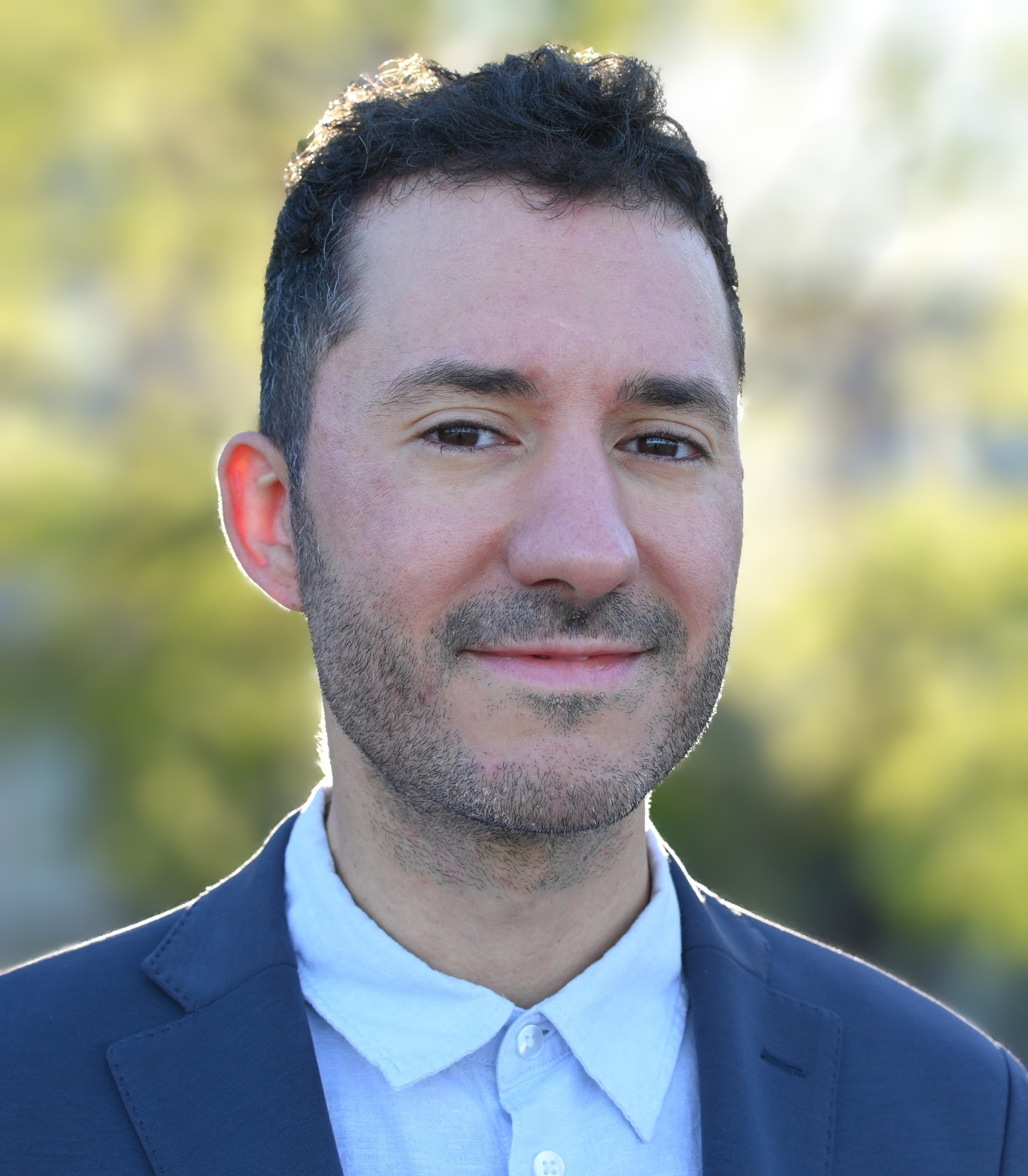
Riccardo Alessandri
Principal Investigator

Alireza Mirzaalipour
PhD student
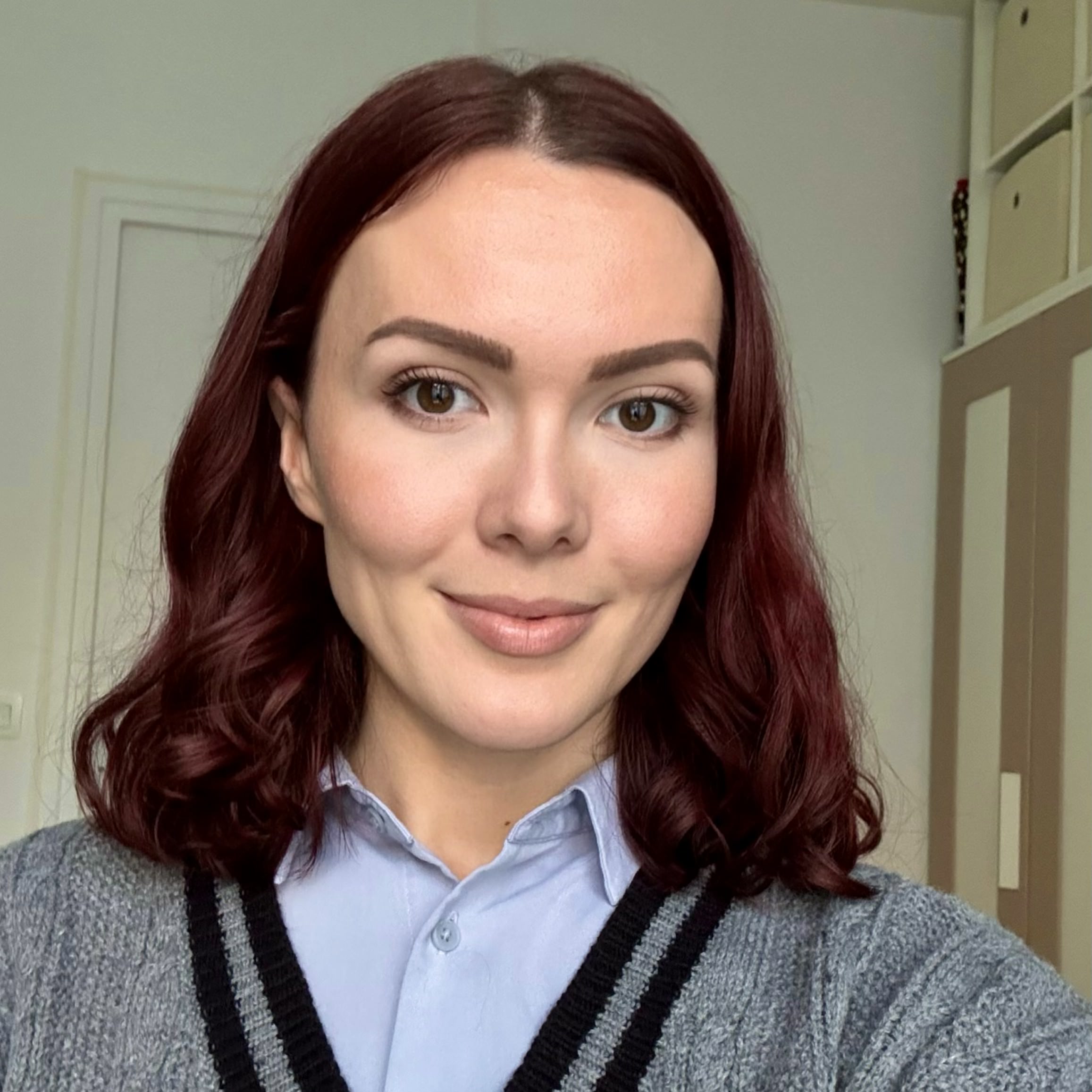
Besa Mulaj Krasniqi
PhD student
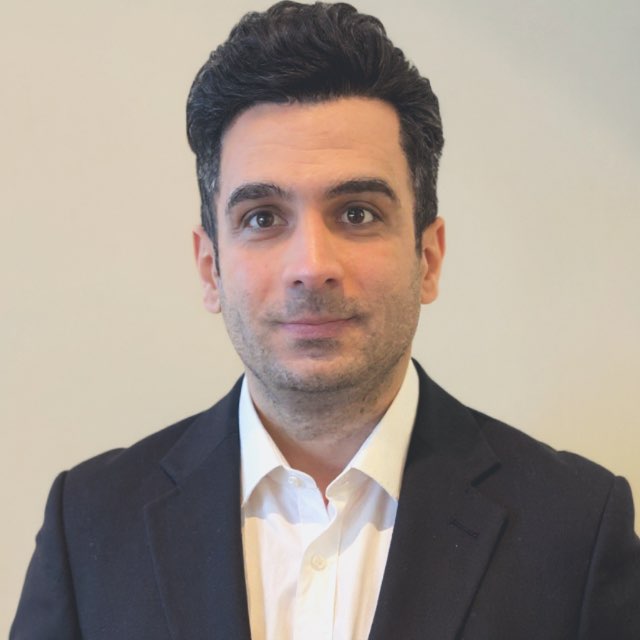
Behrad Jandaghian Bidgoli
PhD student
(co-advised with Prof. Yang)
Former mentees
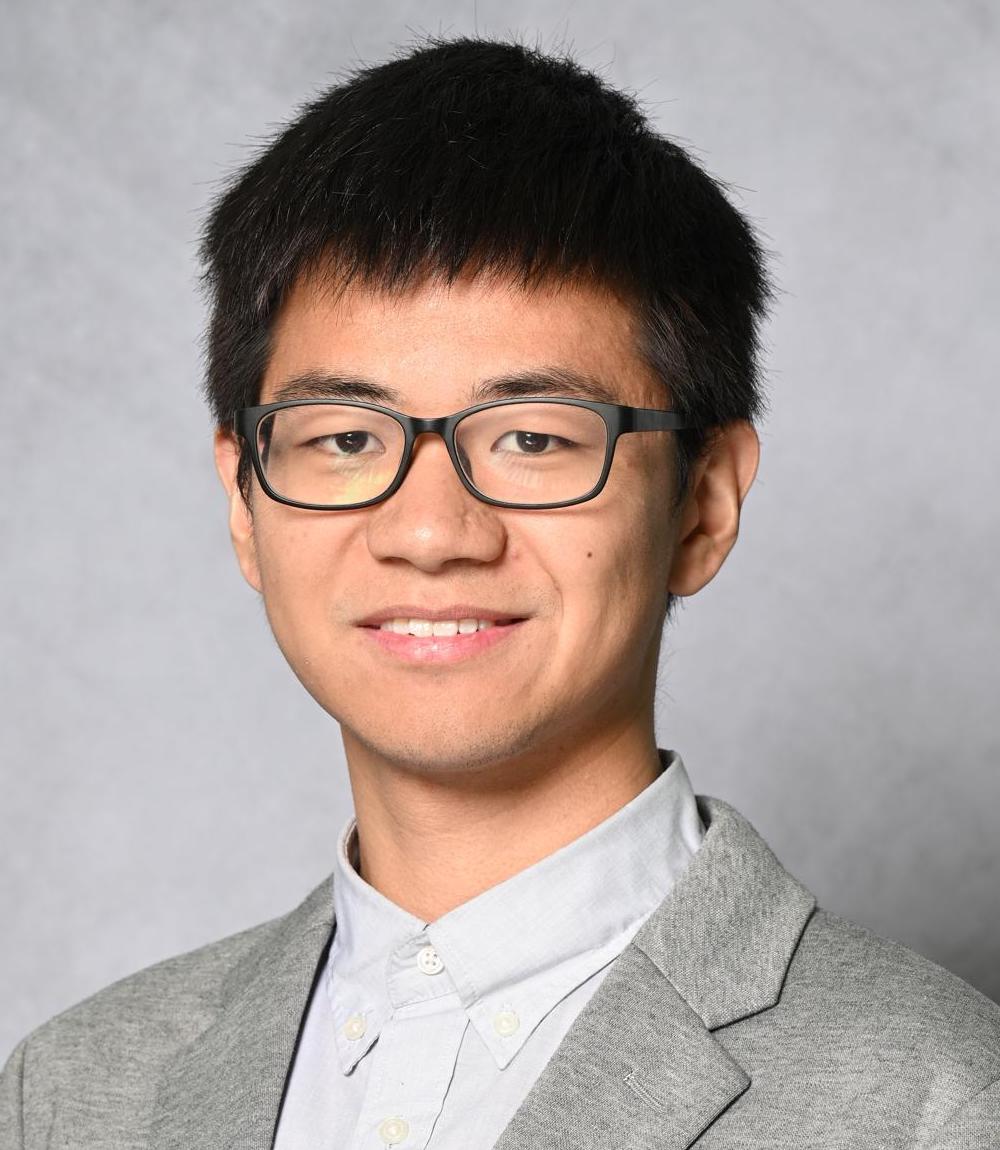
Yiheng Wu
New York University
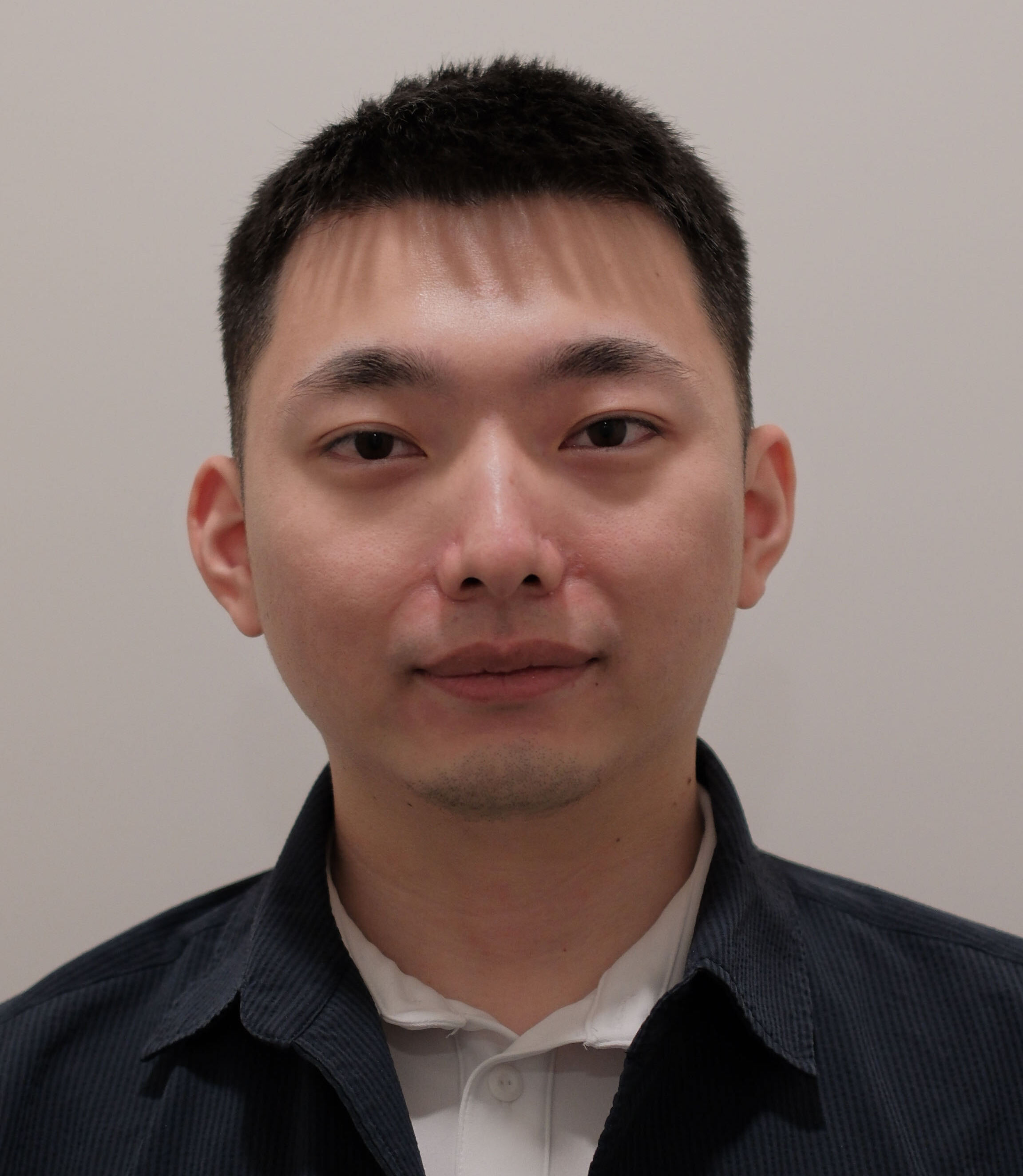
Cheng Zhang
Apple
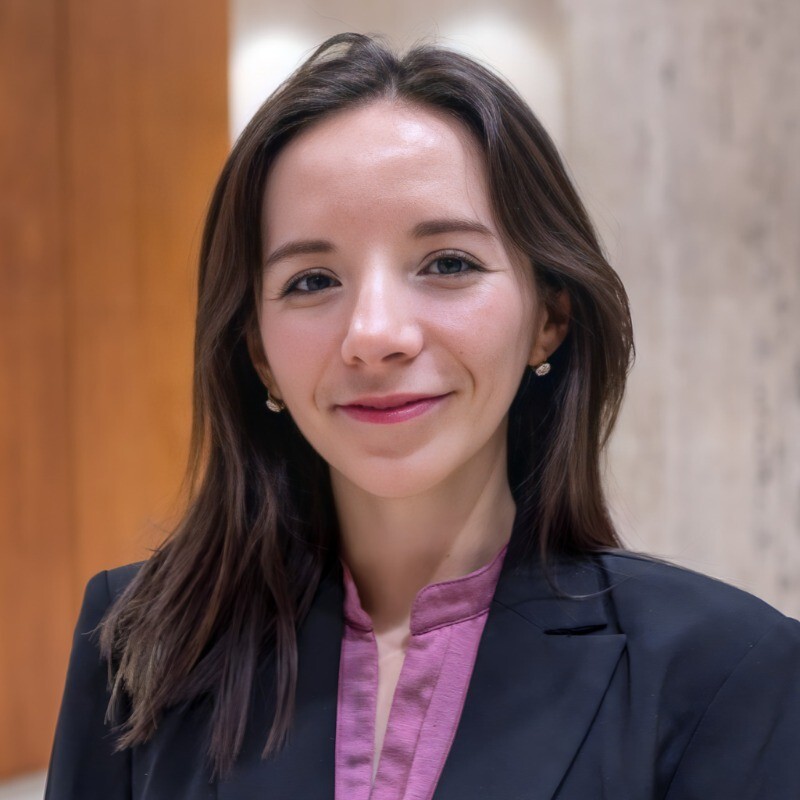
María Ley-Flores
EmTDLab
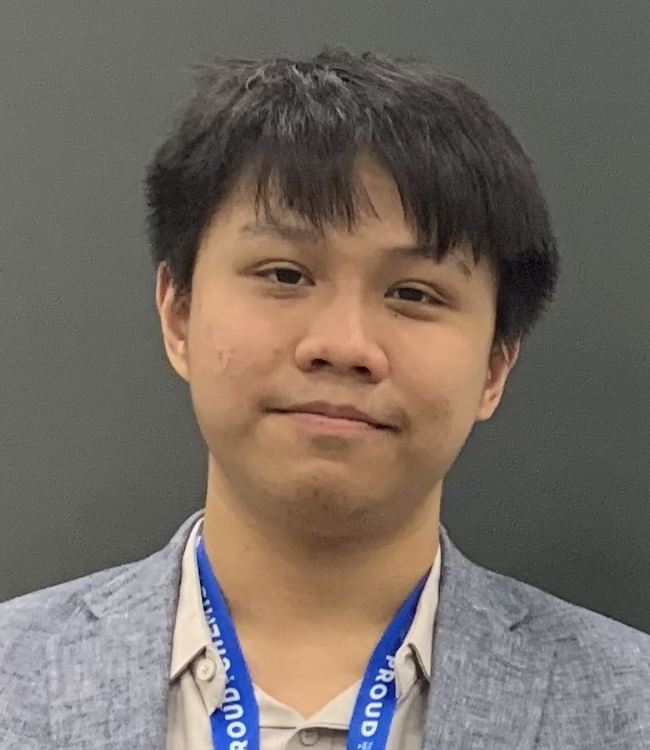
Kha Trinh
New York University

L. Gonzalo Espinoza A.
University of Talca
Riccardo Alessandri
Principal Investigator
Riccardo was born in Perugia, Italy. After his BSc at the University of Perugia, he earned his MSc in Theoretical Chemistry and Computational Modeling at the University of Groningen, Netherlands. He received his PhD from the University of Groningen in 2019, then moved to the U.S. for a postdoctoral position at the University of Chicago. In January 2025, he started his own research group as an assistant professor at KU Leuven. Riccardo was awarded an NWO Rubicon Fellowship, an MSCA Postdoctoral Fellowship, and the Maria Lastra Excellence in Mentoring Award.
Alireza Mirzaalipour
PhD student
Originally from Iran, he completed both his BSc and MSc in Polymer Engineering at Amirkabir University of Technology. During his studies, his research involved using multiscale simulations, both atomistic and coarse-grained, along with simulation automation and force field parameterization to investigate polymeric amphiphiles and coatings. Currently, his PhD (started in the fall of 2025) focuses on developing a comprehensive computational framework for the design of innovative polymers targeting health and sustainable applications.
Besa Mulaj Krasniqi
PhD student
Besa earned a MSc degree in Theoretical Chemistry and Computational Modeling (TCCM) in 2025 at Sorbonne University with a research internship at KU Leuven. Her background is in chemical engineering and physical chemistry. In her PhD (started in the fall of 2025), she combines quantum chemistry calculations, molecular dynamics simulations, and machine learning to model organic mixed ionic-electronic conductors.
Behrad Jandaghian Bidgoli
PhD student (co-advised with Prof. Xing Yang)
Originally from Iran, Behrad holds dual BSc degrees in ChemE and Chemistry from Isfahan University of Technology (2015) and a MSc in Polymer Engineering from Amirkabir University of Technology (2017). He won gold in the Iranian Chemistry Olympiad and silver in the International Chemistry Olympiad. His master’s research focused on hyperbranched polyolefins via chain-shuttling polymerization and DFT simulations of polymerization mechanisms. He then worked as an R&D Engineer at Jam Petrochemical Company, conducting experimental and computational research on catalytic olefin polymerization and polymer rheology. Since February 2024, he has been a PhD candidate in Prof. Xing Yang’s group, co-advised by Riccardo, researching electric-field-assisted thin-film composite membranes for resource recovery by means of experiments and multiscale simulations.
María Ley-Flores
Currently at EmTDLab
PhD student @ UChicago
María completed a B.Sc. in Materials Engineering at Universidad de Sonora. After becoming a Fulbright fellow, she joined the Molecular Engineering PhD program at the University of Chicago, specializing in Materials for Health and Sustainability. She also joined the Group at KU Leuven as a visiting PhD scholar in January-July 2025. María’s work focuses on the modeling of polymeric materials for applications in circular plastics and all-organic batteries.
Representative publication:
Ley-Flores, Chabbi, Alessandri, et al., arXiv 2024 [link]
L. Gonzalo Espinoza A.
Currently at University of Talca
(Visiting) PhD student @ KU Leuven
Originally from Talca, Chile, Gonzalo completed his undergraduate degree in Bioinformatics Engineering with a specialization in molecular dynamics. As a PhD candidate, he conducts coarse-grained molecular simulations to investigate interactions between lipid membranes, nanoparticles, and membrane proteins. Gonzalo is developing specialized algorithms to efficiently analyze and visualize complex molecular simulation data.
Yiheng Wu
Currently at New York University
PhD student @ UChicago
Yiheng comes from Wuhan, Hubei, China. He received his bachelor degree in Polymer Materials and Engineering in Tsinghua University, Beijing. Currently he is pursuing his Ph.D. at the Pritzker School of Molecular Engineering, University of Chicago. Under the guidance of Juan de Pablo and Tobin Sosnick, he is developing the coarse-grained RNA model CRANBERRY. He also works on polymer physics of polyampholyte necklaces. In his leisure time, Yiheng enjoys going to concerts, playing trumpet and singing.
Representative publication:
Wu, Alessandri, et al., bioRxiv 2026 [link]
Cheng Zhang
Currently at Apple
PhD student @ UChicago
Representative publication:
Liu, Zhang, Alessandri, et al., Nat. Mater. 2023 [link]
Kha Trinh
Currently at New York University
PhD student @ UChicago
Kha Trinh completed a B.A. in Chemistry at St. Olaf College in Minnesota. In 2023, he joined the Ph.D. program in Molecular Engineering at the University of Chicago, where his research focuses on solid-state crosslinked polymeric materials for energy storage applications. In 2025, Kha began a research stay at NYU as part of his doctoral work.